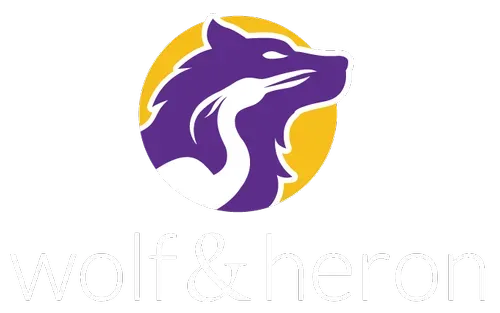Capitalizing on Your Conference: What to do next

Fall is conference season. For many professionals, at some point in the fall, they’ll pack their bags, head to a hotel and mix with industry peers. There’s a lot to gain at conferences—knowledge, skills, relationships—but it can be hard to capitalize on all that conferences have to offer in the moment. Here’s a step by step approach to maximize the conference value when you’re back at your desk the following Monday and have a chance to take a breath.
Build Your Network
Conferences are a wonderful opportunity to meet and reconnect with colleagues who don’t work at your organization. These people represent all kinds of possibilities; they could be mentors, future bosses, avenues to new opportunities or speaking gigs, thought partners, and friends. They are the people you can reach out to when you’re ready for that next step in your career, no matter what that looks like. Building these relationships is important, so make sure you have a way to keep track of them and cultivate them with intention.
Start with your social media communities. We recommend Linkedin for all things work. Go through all the business cards you collected, the speakers and panelists you connected with, the folks you chatted with over a meal, and find each person digitally. Connect with everyone on and use a note like, “It was great meeting you at the X conference. Let’s stay in touch.” This will be easier to do when it’s fresh, so don’t procrastinate!
But also, don’t leave it there. Build your relationships beyond a mere “connection.” Identify 1—5 people with whom you would like to develop a relationship. It can be as a mentor/mentee, peer, or friend. For these folks, connect and then send them a personal email with a call to action, “Let’s meet up for lunch when I’m in DC next month. Would Tuesday work?” “You mentioned you received the X certification. I’d love to learn more about your journey. Are you free next Wednesday for a call?” “I’d love to stay connected. I know it can be hard to network nationally. Feel free to reach out when you are up for that promotion.” The more specific your ask is, the easier it will be for the other person to say yes.
Update Your Personal Development Plan or Goals
Another wonderful benefit of a conference is that you may leave inspired. The energy from a conference can be infectious, and if the conference was well-executed, you’re likely returning home with a ton of ideas for what you want to do going forward. Perhaps you want to build deeper connections with people, or explore a new topic, or read that book that was recommended 13 times, or get involved in that regional working group. Wherever your energy and momentum is taking you, follow it! Let it flow through you and drive you to action. Before you lose your inspiration and return to the hum-drum of the day-to-day, do these things:
- Write a list of all the things the conference inspired you to do or learn.
- Prioritize the list on an investment/value matrix. Identify the items that are easy to pursue, and the ones that are worth it even though they’re hard.
- Give yourself deadlines and map out a plan to get everything done.
- Find an accountability partner and tell them about your plan.
Contribute to the Conversation
Attending a conference as a participant is a great way to get a feel for it and listen to inspiring leaders in your field. But don’t let that be where you stop! Consider being a panelist or speaker at the conference next year. You likely have more to contribute than you think, and presenting yourself as a thought leader can set you up to extract even more value from the same conference next year.
Start by reflecting on the conference:
- What were your favorite sessions? What made them the best?
- Where could you see yourself adding to the conversation first?
- What topics would you like to see discussed at next year’s conference?
Then, build out a plan. To begin, note when the conference organizers generally take applications to speak. It’s not uncommon for organizers to request speaker applications a whole year in advance, so right when you return home is the perfect time to research. Mark the date on your calendar, and work backwards from there. Often speaker applications only require a short blurb or description, so you can relax on actually building out the specifics of what you will say later.
If you get accepted, then find a few opportunities between now and next year’s conference to practice and vet your presentation.
What are your go-to strategies for getting the most out of the conferences you attend?
Recent Posts





